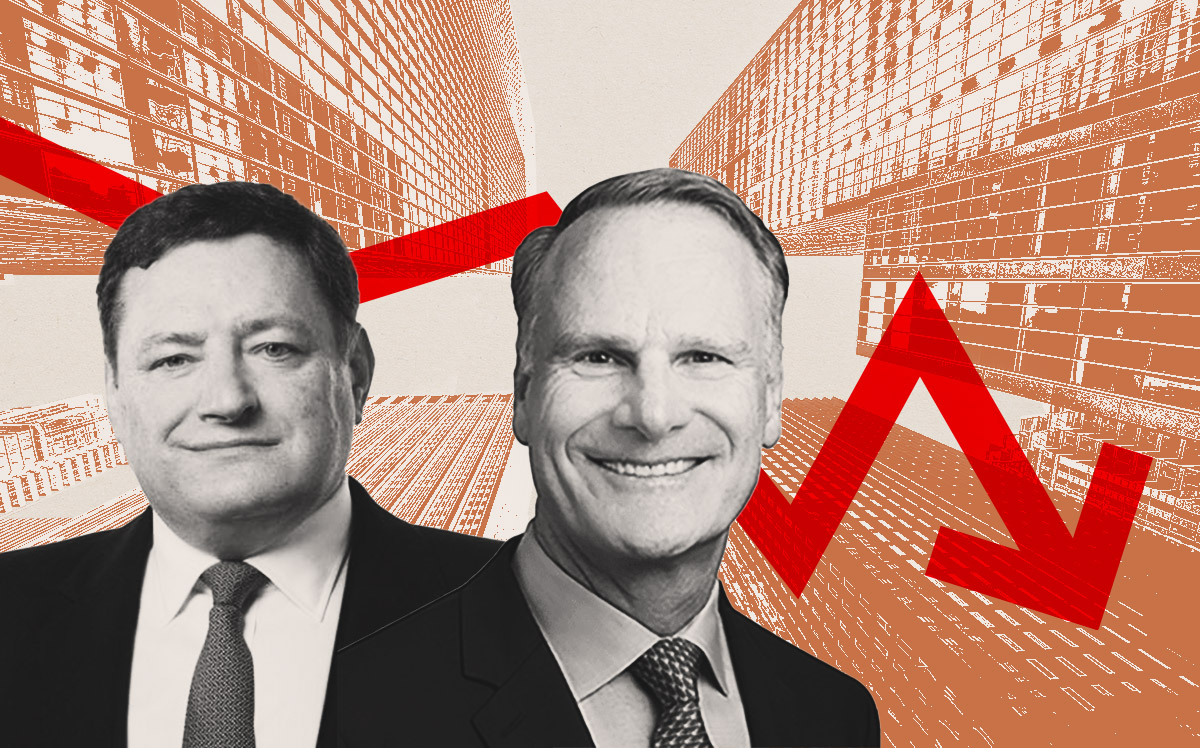JLL plans to rein in spending as a slowdown in investment sales and leasing activity eats into its profits.
The commercial brokerage is eyeing $140 million in annual savings, about $125 million of which it expects to achieve this year, executives said on an earnings call Tuesday morning. JLL reported a 59 percent decline in net income for the fourth quarter, pulling in $175 million compared to $421 million in the same period last year.
The cuts will largely be made through layoffs, CFO Karen Brennan said. Executives did not elaborate on how many have lost or will lose their jobs, nor which divisions will be most affected.
JLL started trimming its workforce last year, and reported Tuesday that severance and other employment-related costs more than tripled to $44.5 million in 2022, compared to $14.3 million in 2021. Additional restructuring costs are expected this year, executives said.
“We have taken steps to drive operational efficiencies across our business and reduce our cost base,” said CEO Christian Ulbrich. “The cost actions we have taken to date occur across business segments and have been focused on non-revenue generating roles.”
The layoffs come as the brokerage’s capital markets and markets advisory arms have been hampered by a slowdown in property sales and commercial leasing.
Capital markets revenue tumbled 38 percent year over year to $608 million and operating income dropped 57 percent to less than $97 million. Leasing revenue declined 13 percent to roughly $1.19 billion and operating income dropped 34 percent to $127 million.
Investment sales and leasing are expected to remain down through the first half of the year, Ulbrich said, but may bounce back in the second half once interest rates and lending spreads normalize. The brokerage pointed to $386 billion in dry powder sitting in closed-end funds at the end of last year, and a higher than normal amount of expiring office leases that should help bolster its 2023 revenues.
Still, JLL does not appear interested in expansion while it pares down its expenses.
“We’re very happy with the footprint we are having in the different business lines,” Ulbrich said. “We feel that pricing is still very high given the environment, so we have been cautious around M&A for some time now and will continue to be.”
Read more



